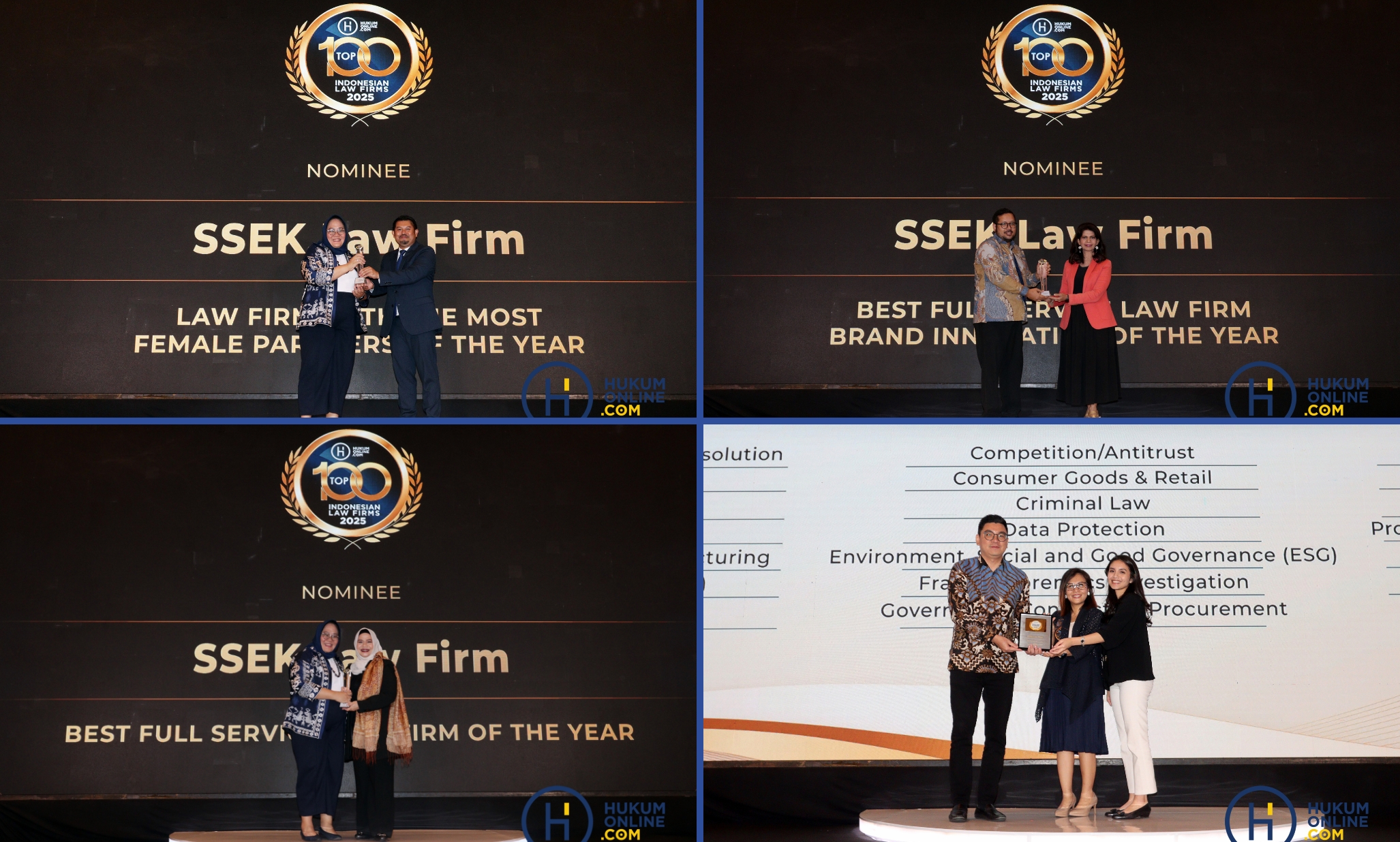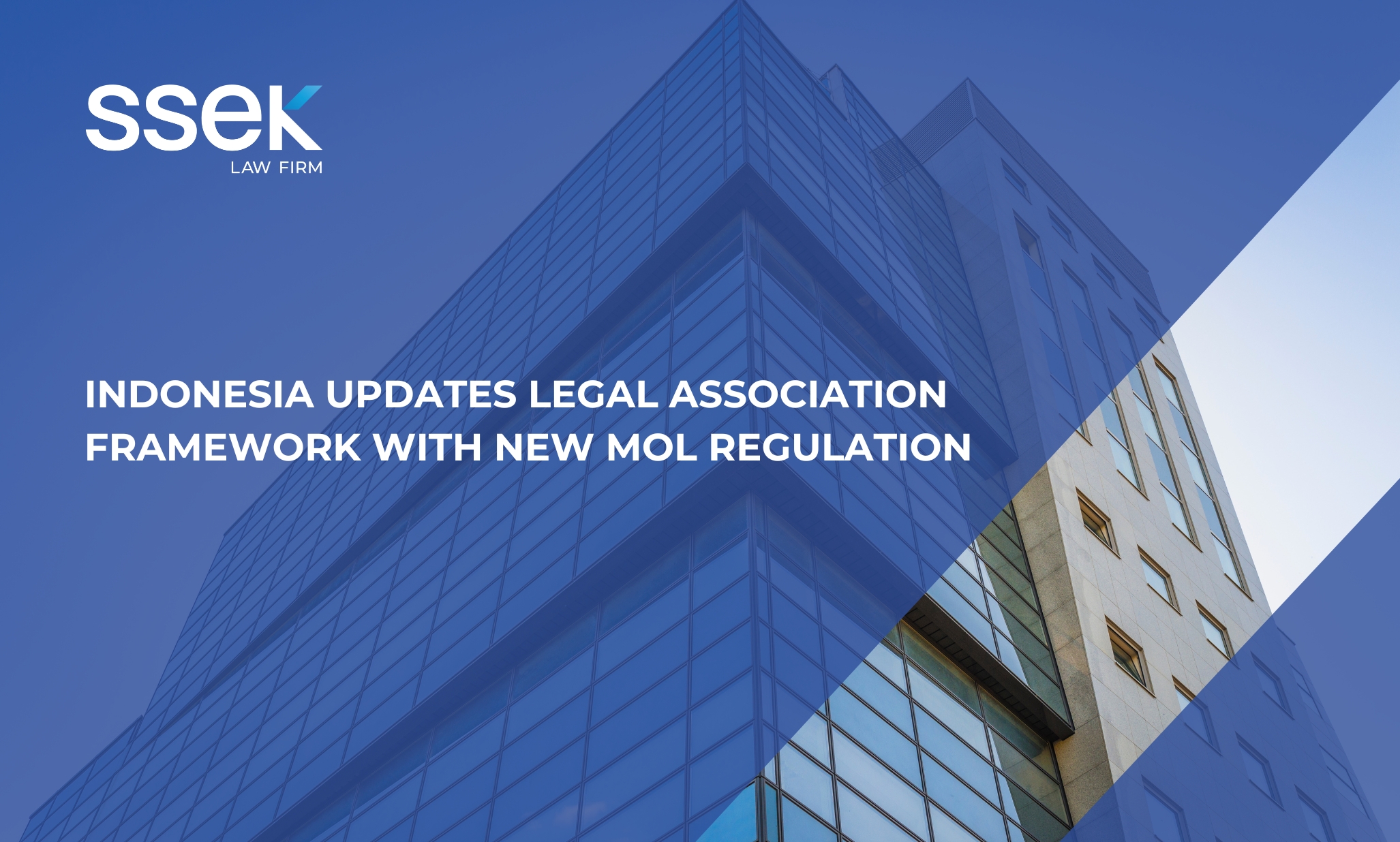

Restrictions on foreign shareholders are set out in the Negative Investment List (Daftar Negative Investasi or DNI), as contained in Presidential Regulation No. 44 of 2016 dated 18 May 2016 regarding List of Business Fields That Are Closed and Business Fields That Are Open With Requirements for Capital Investment (PR 44/2016).
PR 44/2016 lists areas in which investment by both Indonesians and foreign nationals is prohibited or restricted. In addition to PR 44/2016, the laws and regulations governing certain lines of business must be reviewed to determine whether such lines of business are open to foreign investment and, if so, whether a limited liability company with foreign ownership (PT PMA) conducting such business can be wholly foreign-owned or only partially foreign-owned. Examples of lines of business closed to foreign investment include marijuana cultivation, marine salvage, administration of land, passenger terminals, and casinos.
Lines of business that are not listed in PR 44/2016 are open to 100% foreign investment without conditions.
The DNI also specifies foreign ownership restrictions, such as maximum foreign shareholding, requirement to partner with a small or medium-scale enterprise, and so on. In practice, investors still need to confirm with the Capital Investment Coordinating Board (BKPM) whether a certain line of business is open for 100% foreign investment without conditions.
The DNI is organised by reference to the business activities described in the Indonesian Business Fields Classification (KBLI) issued by Indonesia's Central Statistics Body (Badan Pusat Statistik). A PT PMA can have more than one KBLI number, unless the relevant laws and regulations provide otherwise.
This first appeared in Establishing a Business in Indonesia, published by Thomson Reuters Practical Law.
This publication is intended for informational purposes only and does not constitute legal advice. Any reliance on the material contained herein is at the user's own risk. All SSEK publications are copyrighted and may not be reproduced without the express written consent of SSEK.









